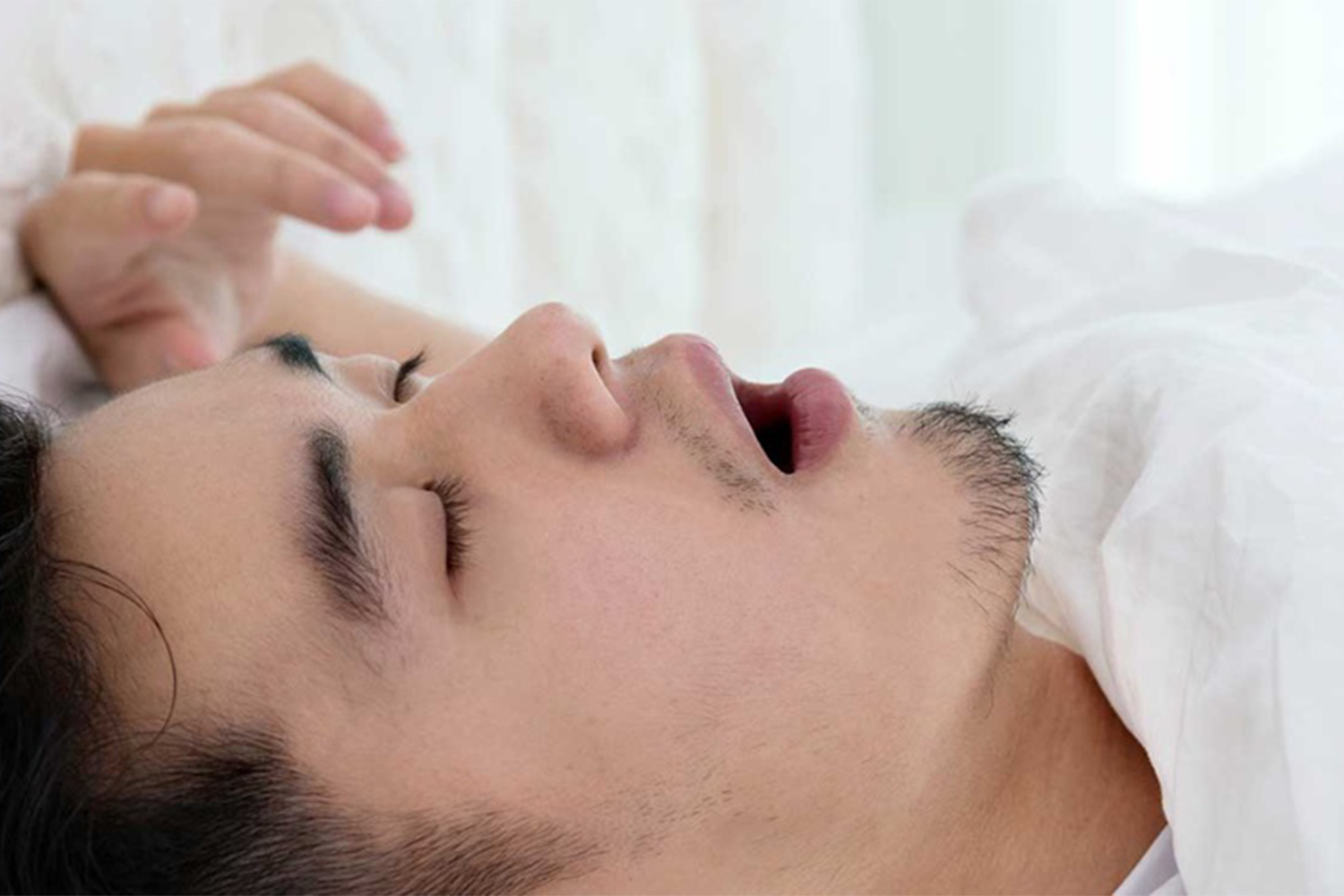Difficulty in breathing Snoring in Sion Mumbai

Experiencing difficulty in breathing and snoring can disrupt sleep patterns and negatively impact overall well-being. These symptoms, often interrelated, can stem from various factors affecting the respiratory system and airway passages.
Understanding Difficulty in Breathing and Snoring
Difficulty in breathing, also known as dyspnea, refers to the sensation of discomfort, tightness, or effort associated with breathing. Snoring, on the other hand, involves noisy breathing during sleep, often caused by the vibration of relaxed throat tissues. While snoring can occur independently, it may also be a symptom of underlying respiratory or sleep-related disorders.
Common Causes of Difficulty in Breathing and Snoring
Several factors can contribute to difficulty in breathing and snoring, including:
- Obstructive Sleep Apnea (OSA): OSA is a sleep disorder characterized by recurrent episodes of complete or partial upper airway obstruction during sleep, leading to interrupted breathing and snoring.
- Nasal Congestion: Allergies, sinusitis, or nasal polyps can cause nasal congestion, obstructing airflow and contributing to difficulty in breathing and snoring.
- Obesity: Excess weight can lead to the accumulation of fatty tissues around the throat and neck, increasing the likelihood of airway obstruction and snoring.
- Enlarged Tonsils or Adenoids: Enlarged tonsils or adenoids can obstruct the airway, particularly in children, leading to difficulty in breathing and snoring during sleep.
- Structural Abnormalities: Deviated septum, nasal septal perforations, or abnormalities of the nasal passages or throat can impede airflow and contribute to snoring.
- Smoking and Alcohol Consumption: Smoking can irritate the airway passages and increase mucus production, while alcohol consumption can relax throat muscles, both of which can exacerbate snoring.
Symptoms of Difficulty in Breathing and Snoring
Symptoms associated with difficulty in breathing and snoring may include:
- Loud, Disruptive Snoring: Noisy breathing during sleep, often reported by bed partners.
- Intermittent Breathing Interruptions: Episodes of gasping, choking, or pauses in breathing during sleep, characteristic of sleep apnea.
- Daytime Fatigue: Excessive daytime sleepiness or fatigue, despite adequate sleep duration.
- Morning Headaches: Headaches upon waking, often accompanied by dry mouth or sore throat.
- Irritability or Mood Changes: Mood disturbances, irritability, or difficulty concentrating due to poor sleep quality.
- Restlessness: Tossing and turning during sleep, frequent awakenings, or difficulty maintaining sleep.
Management and Treatment
Managing difficulty in breathing and snoring involves addressing the underlying causes and adopting lifestyle modifications to improve airflow and sleep quality. Here are some strategies:
- Weight Management: Achieving and maintaining a healthy weight through diet and exercise can reduce the risk of airway obstruction and snoring.
- Sleep Position: Sleeping on your side instead of your back can help prevent the relaxation of throat muscles and reduce snoring.
- Nasal Decongestion: Using saline nasal sprays, nasal strips, or decongestants can alleviate nasal congestion and improve airflow.
- Avoiding Alcohol and Sedatives: Limiting alcohol consumption and avoiding sedatives before bedtime can prevent relaxation of throat muscles and reduce snoring.
- Continuous Positive Airway Pressure (CPAP) Therapy: For individuals with obstructive sleep apnea, CPAP therapy involves wearing a mask that delivers a continuous stream of air, preventing airway collapse during sleep.
- Surgical Intervention: In cases of severe obstruction or structural abnormalities, surgical procedures such as tonsillectomy, adenoidectomy, or nasal septoplasty may be recommended.
When to Seek an ENT Specialist
It's essential to consult a healthcare provider if difficulty in breathing and snoring persists or is accompanied by:
- Excessive daytime sleepiness or fatigue.
- Gasping, choking, or pauses in breathing during sleep.
- Morning headaches or dry mouth.
- Frequent awakenings or restless sleep.
- Mood disturbances or difficulty concentrating.

 WhatsApp
WhatsApp